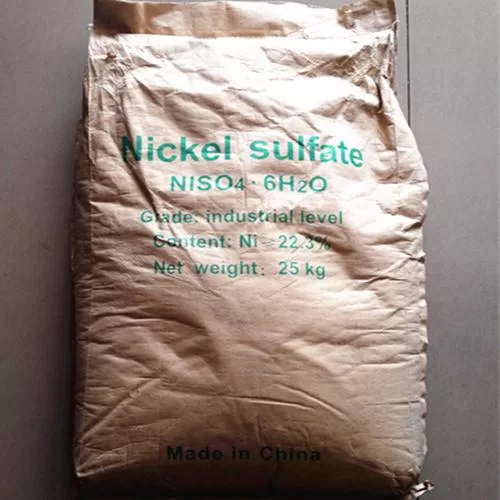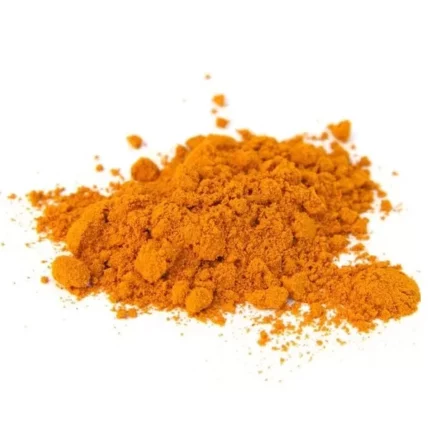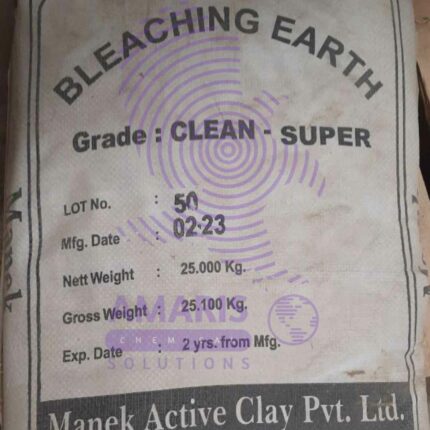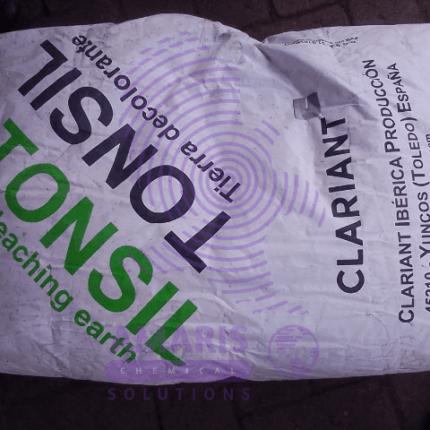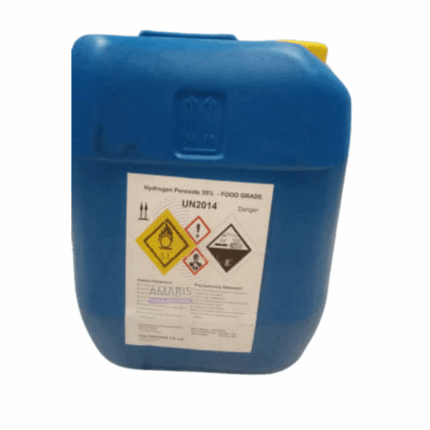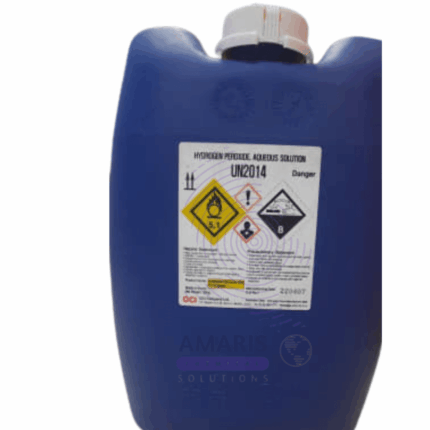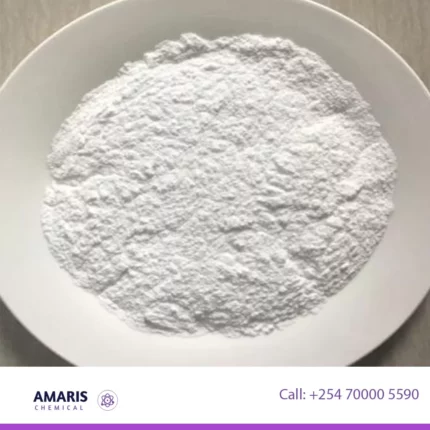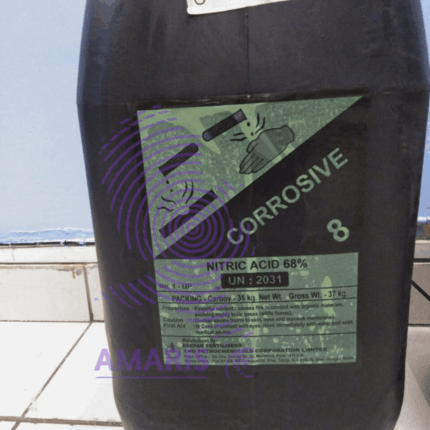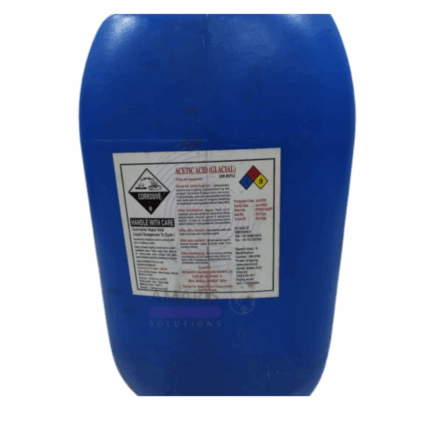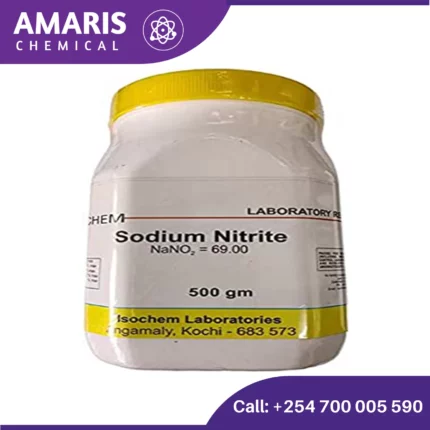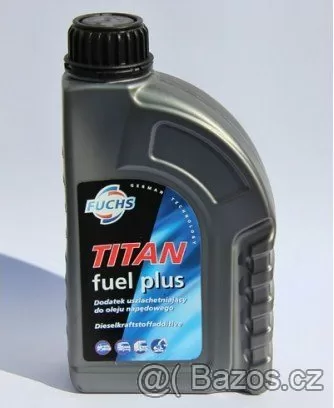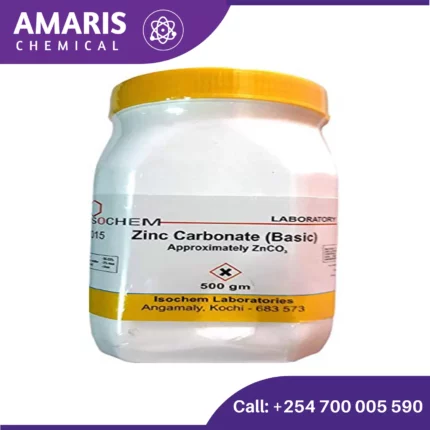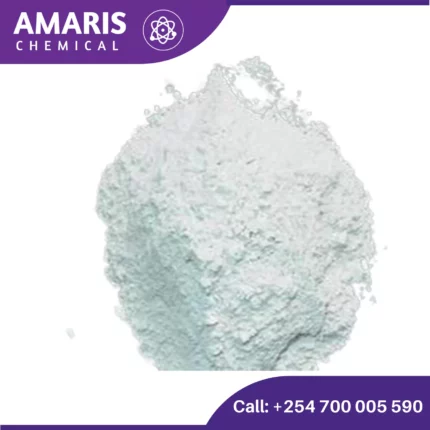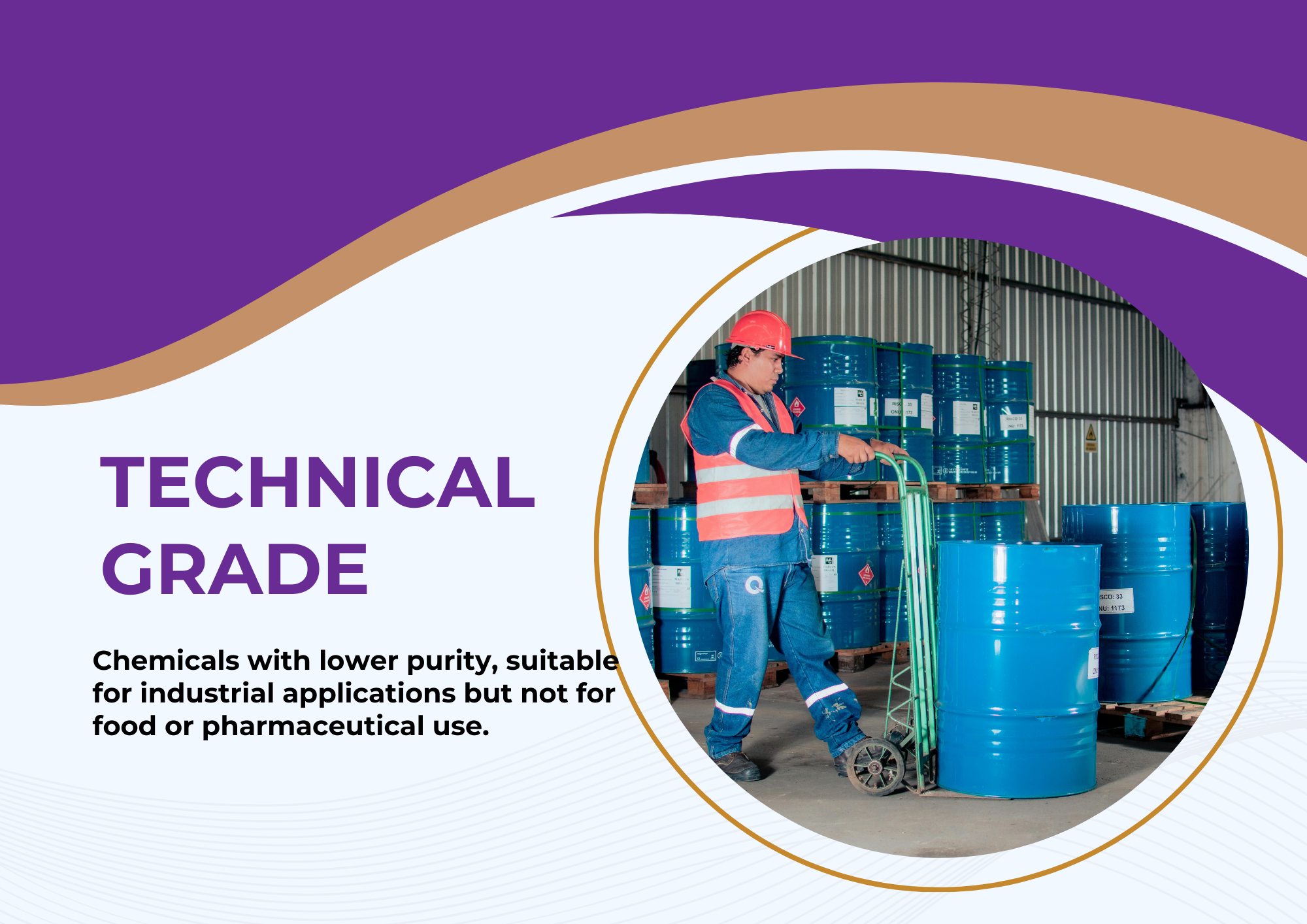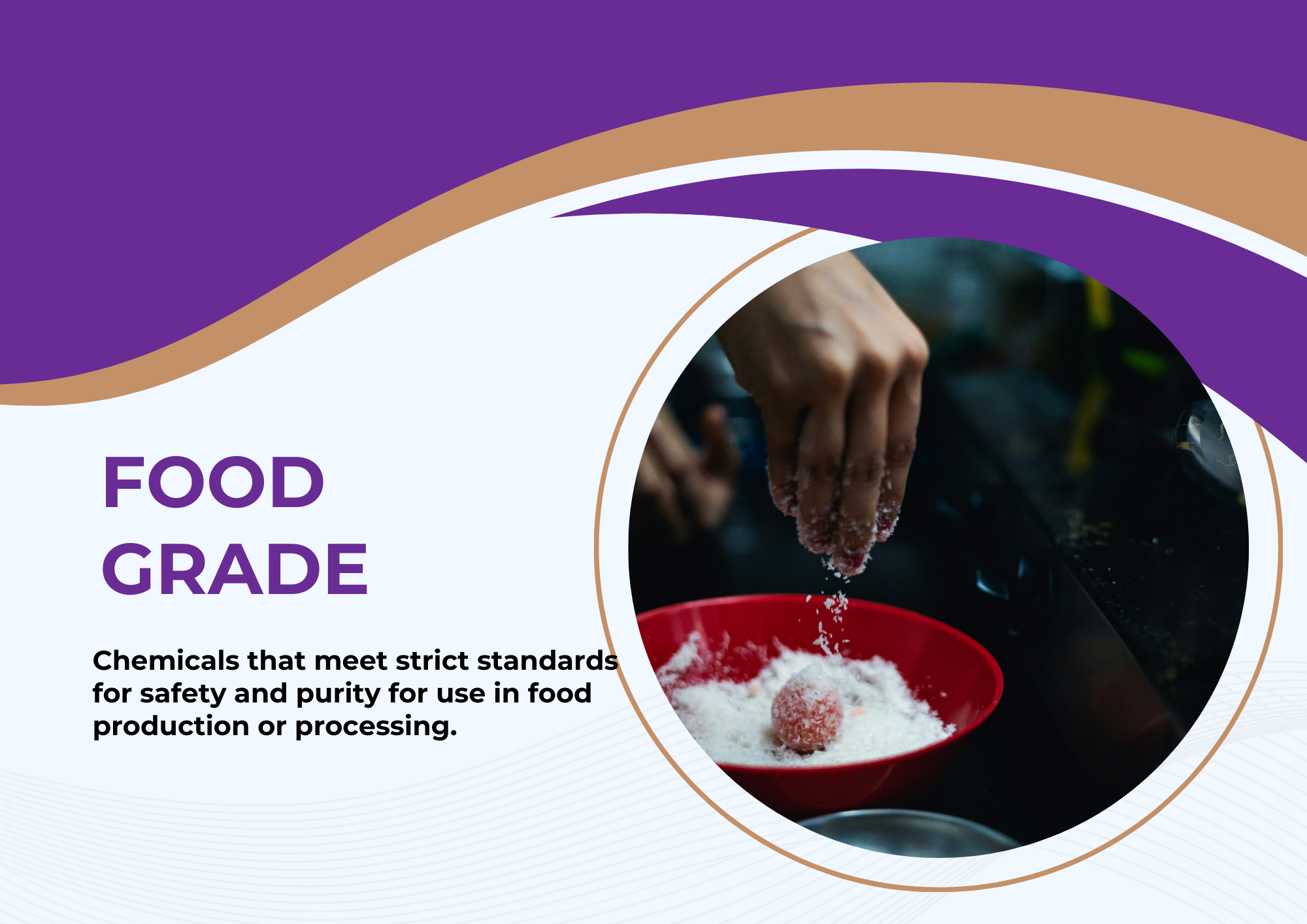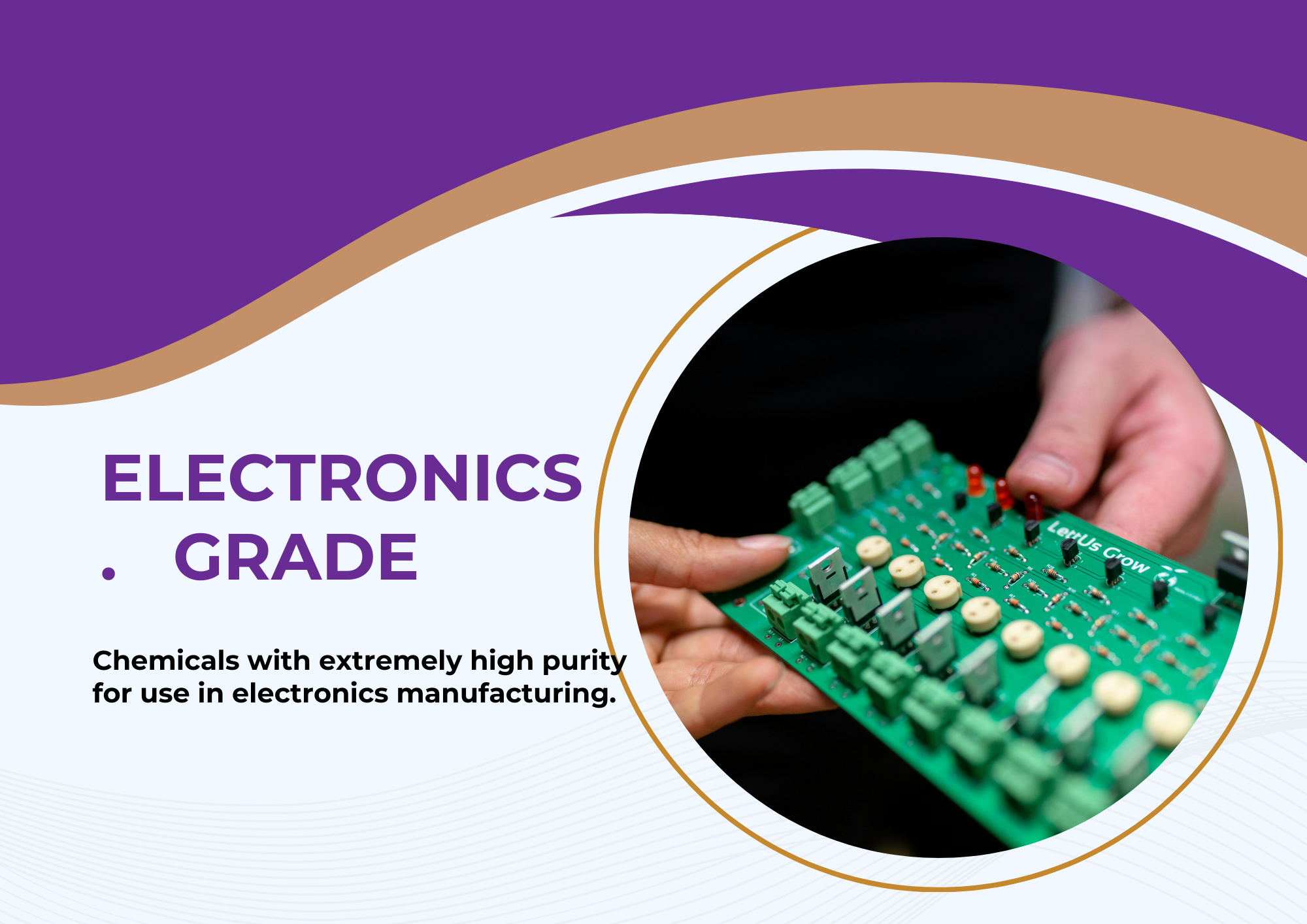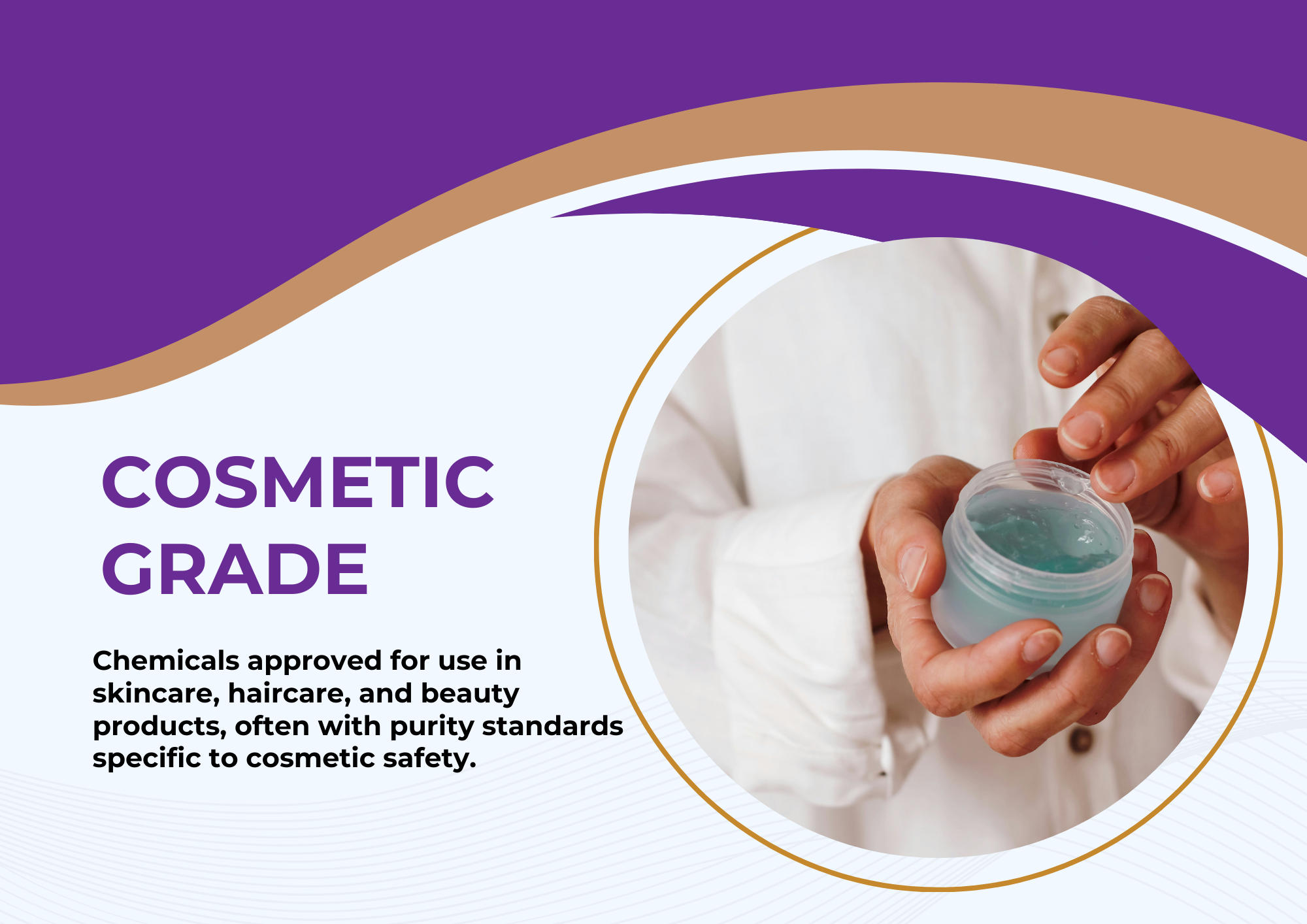“Hydrochloric Acid ( HCL ) 40 kg” has been added to your cart. View cart
“Hydrochloric Acid ( HCL ) 40 kg” has been added to your cart. View cart
Back to products
![Powder Sodium Mono Fluoro Phosphate [Na2PO3F]](https://amarischemicalsolutions.com/wp-content/uploads/2025/05/Powder-Sodium-Mono-Fluoro-Phosphate-amaris-chemical-solutions-jpg-430x430.webp)
![Powder Sodium Mono Fluoro Phosphate [Na2PO3F]](https://amarischemicalsolutions.com/wp-content/uploads/2025/05/Powder-Sodium-Mono-Fluoro-Phosphate-amaris-chemical-solutions-jpg-430x430.webp)
Powder Sodium Mono Fluoro Phosphate [Na2PO3F]
KSh6,700.00 Original price was: KSh6,700.00.KSh6,500.00Current price is: KSh6,500.00.
Nickel Sulphate [NiSO4(H2O)6]
KSh6,500.00 Original price was: KSh6,500.00.KSh6,400.00Current price is: KSh6,400.00.
Nickel sulfate, also known as nickel(II) sulfate or just nickel sulfate, is a chemical compound with the formula NiSO₄. It is a crystalline solid that is highly soluble in water. Here are some key points about nickel sulfate:
- Chemical Formula: NiSO₄
- Appearance: Nickel sulfate usually appears as a green or blue crystalline solid, depending on its hydration state.
- Hydrates: It forms several hydrates, the most common being the hexahydrate (NiSO₄·6H₂O), which is blue in color.
- Solubility: It is highly soluble in water, which makes it easy to dissolve in aqueous solutions.
- Applications:
- Electroplating: Nickel sulfate is commonly used in electroplating to apply a layer of nickel onto metals.
- Catalysis: It serves as a catalyst in certain chemical reactions.
- Ink Manufacturing: It is used in the production of ink.
- Battery Manufacturing: Nickel sulfate is used in the production of rechargeable batteries, particularly nickel-cadmium batteries.
- Agriculture: It is sometimes used as a micronutrient in fertilizers for crops.
- Hazards: Nickel sulfate is toxic if ingested or inhaled in large amounts. Prolonged exposure can cause skin allergies or respiratory issues in sensitive individuals.
SKU:
ACS86872CHEM0
Category: Catalysts
Description
Nickel Sulphate
- Electroplating: One of the most significant uses of nickel sulfate is in electroplating. It is commonly used to electroplate nickel onto metal surfaces, providing corrosion resistance, improved wear resistance, and aesthetic appeal. Nickel-plated items include automotive parts, household goods, and industrial machinery components.
- Battery Manufacturing: Nickel sulfate is essential in the production of rechargeable batteries, particularly nickel-cadmium (Ni-Cd) and nickel-metal hydride (Ni-MH) batteries. It serves as a key component in the formulation of battery electrode materials, contributing to the battery’s performance and longevity.
- Catalysis: Nickel sulfate acts as a catalyst in various chemical reactions, particularly in organic synthesis and hydrogenation processes. It facilitates reactions by lowering activation energy, enhancing reaction rates, and improving selectivity in certain chemical transformations.
- Ink Manufacturing: In the printing industry, nickel sulfate is used in the formulation of specialty inks, such as those used in gravure and flexographic printing processes. These inks often require specific chemical properties and adhesion characteristics that nickel sulfate helps achieve.
- Agricultural Applications: Nickel is an essential micronutrient for plant growth. Nickel sulfate is used in agriculture as a fertilizer additive to address nickel deficiencies in soils, particularly in regions where the natural nickel content is insufficient for optimal crop growth. Nickel plays a crucial role in the metabolism of certain plants, contributing to their overall health and productivity.
Shipping & Delivery
Related products
Bleaching Earth 25kg
Tonsil bleaching earth, also known as activated bleaching clay or activated bleaching earth, is a type of natural clay material that has been specially processed to exhibit highly adsorptive properties. It is commonly used in various industries, particularly in the edible oil and fats industry, for the purpose of bleaching or purifying oils and fats.
The term "tonsil" in tonsil bleaching earth refers to the original method of production, which involved using a type of clay called "montmorillonite," named after the Montmorillon region in France. However, modern tonsil bleaching earth may not necessarily contain montmorillonite and can be derived from other clay minerals as well.
Tonsil bleaching earth works through a process called adsorption, where it attracts and binds impurities such as pigments, trace metals, free fatty acids, and other contaminants present in oils and fats. These impurities are adsorbed onto the surface of the clay particles, resulting in the purification of the oil or fat.
The term "bleaching" in tonsil bleaching earth does not refer to the traditional meaning of removing color, but rather to the removal of undesirable substances that can affect the quality, stability, and appearance of oils and fats. The bleaching process helps to improve the taste, odor, and shelf life of the final product.
In summary, tonsil bleaching earth is a specially processed clay material used in industries, primarily the edible oil and fats industry, for the purpose of adsorbing and removing impurities to enhance the quality and stability of oils and fats
Hydrogen Peroxide 50%
Hydrogen peroxide is a chemical compound with the molecular formula H2O2. It is a colorless and odorless liquid, which appears slightly more viscous than water. Hydrogen peroxide is a powerful oxidizing agent, meaning that it readily releases oxygen atoms in chemical reactions. It is commonly used as a disinfectant, bleaching agent, and in the production of other chemicals. In its pure form, hydrogen peroxide is highly reactive and can be dangerous, but when properly diluted, it can be used safely for a variety of applications.
Manganous dihydrogen phosphate
Manganous dihydrogen phosphate, often represented by the chemical formula Mn(H2PO4)2, is a chemical compound composed of manganese (Mn), hydrogen (H), phosphorus (P), and oxygen (O). It's an inorganic salt that's commonly used in various industrial applications.
Manganous dihydrogen phosphate can be prepared by reacting manganese(II) carbonate or manganese(II) hydroxide with phosphoric acid:
MnCO3 + 2H3PO4 → Mn(H2PO4)2 + CO2 + 2H2O
Or
Mn(OH)2 + 2H3PO4 → Mn(H2PO4)2 + 2H2O
This compound has applications in areas such as:
- Chemical Industry: It can be used as a source of manganese in the production of other manganese compounds.
- Phosphating Agent: It's utilized in the phosphating process, where metal surfaces are treated with a phosphate coating to improve corrosion resistance, paint adhesion, and lubrication.
- Fertilizers: Manganese is an essential micronutrient for plants. Manganous dihydrogen phosphate can be used in fertilizer formulations to provide manganese to plants.
- Catalysis: Compounds containing manganese are sometimes used as catalysts in various chemical reactions.
Nitric Acid 68% conc 35kg
Rated 5.00 out of 5
Nitric acid is a strong, highly corrosive mineral acid with the chemical formula HNO3. It is a colorless liquid that is soluble in water and can release nitrogen oxides when heated. Nitric acid is widely used in the manufacture of fertilizers, dyes, explosives, and other chemicals, as well as in the etching of metals and the purification of metals and semiconductors. It is also used in laboratory settings as a reagent for various chemical reactions.
Sodium Nitrite
Titan Fuel Plus
Zinc Carbonate 500gm
Analytical Reagents, Antioxidants, Catalysts, Excipients, Fertilizers, Wastewater Treatment Chemicals
Zinc carbonate (ZnCO₃) is a white, odorless powder that occurs naturally as the mineral smithsonite. It’s used in various applications including as a pigment in paints, a filler in rubber, and as a dietary supplement. Chemically, it's known for its ability to decompose upon heating to release carbon dioxide and zinc oxide. In the medical field, it's employed in topical preparations to treat skin conditions. Overall, zinc carbonate is valued for its versatility and effectiveness across different uses.

